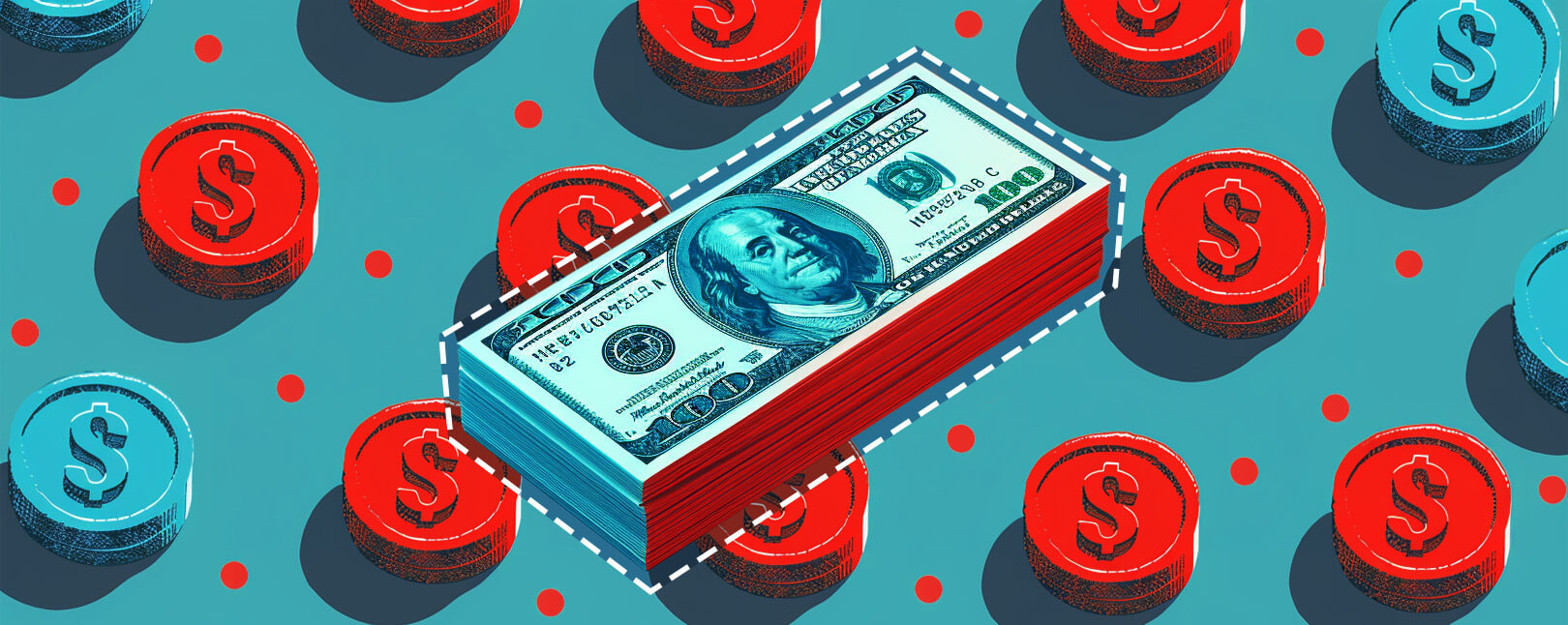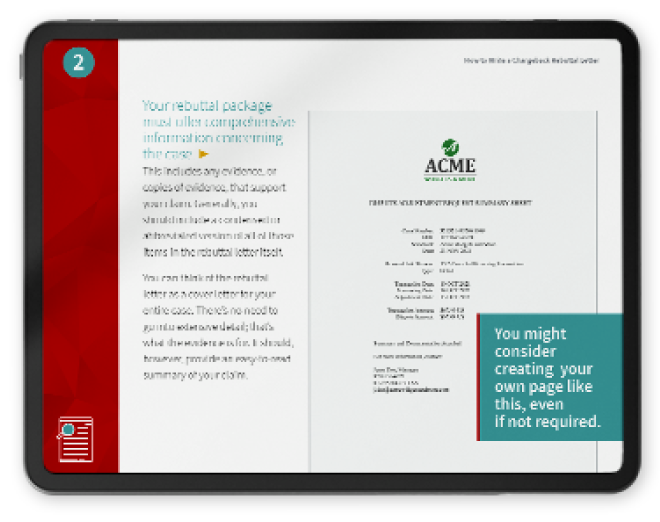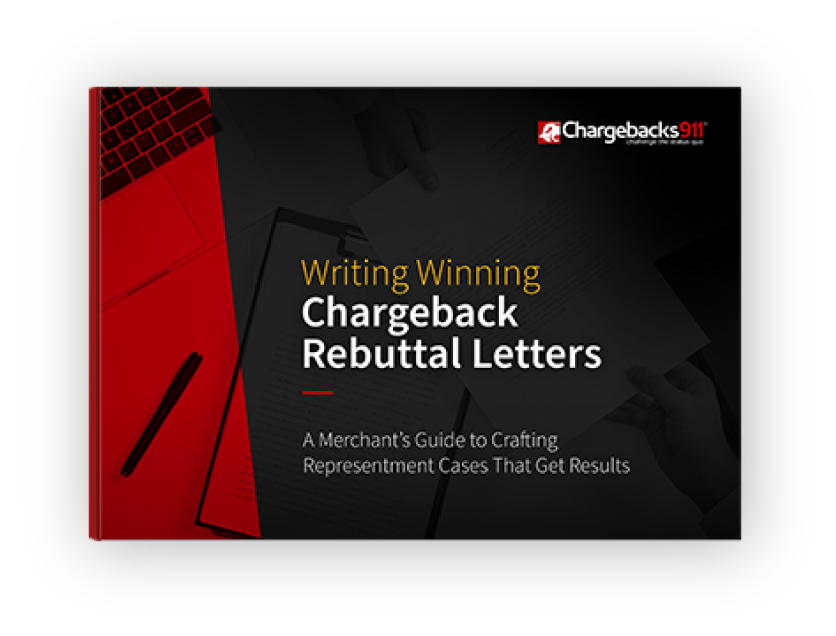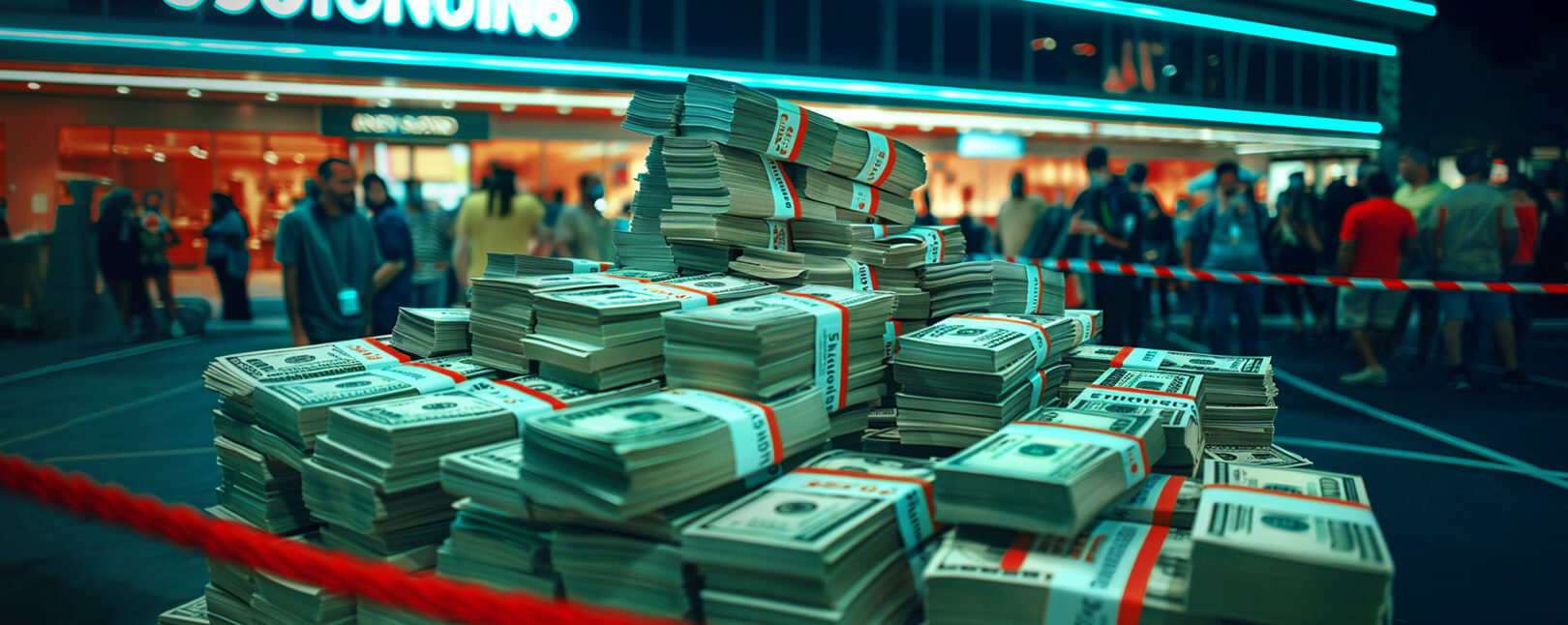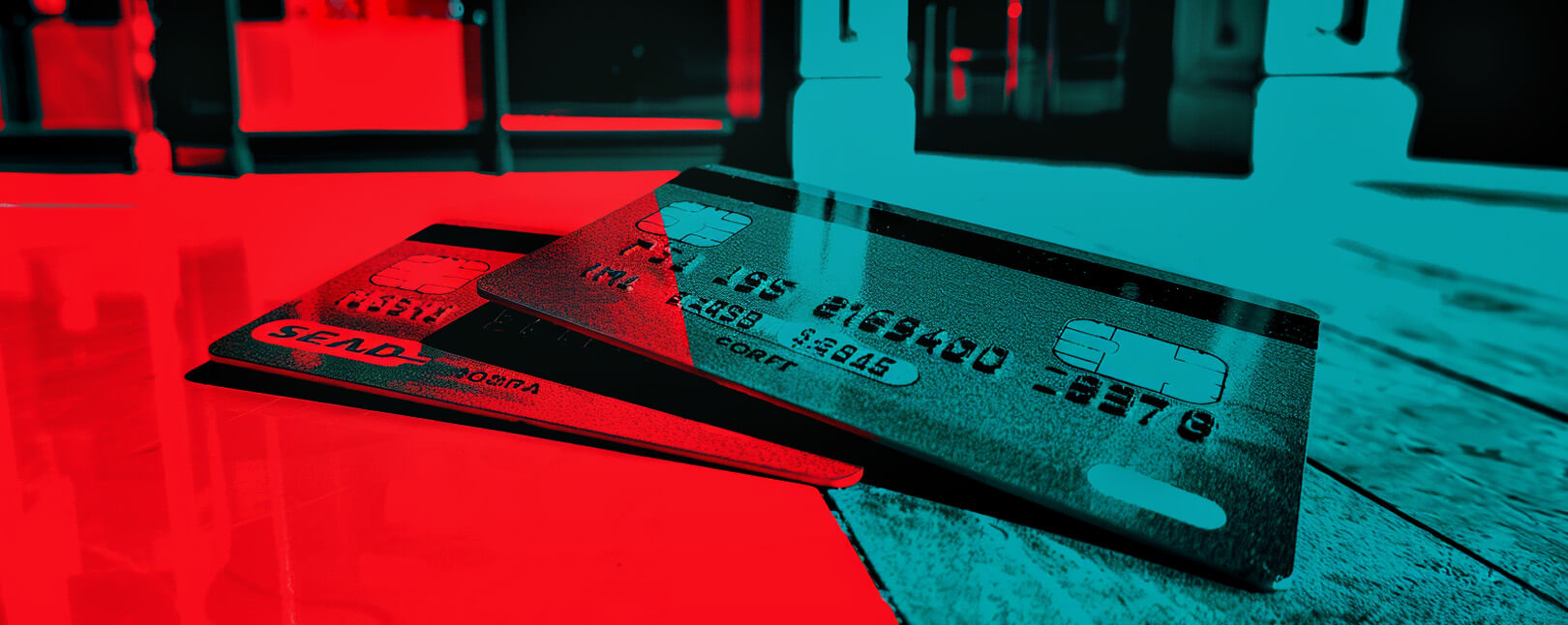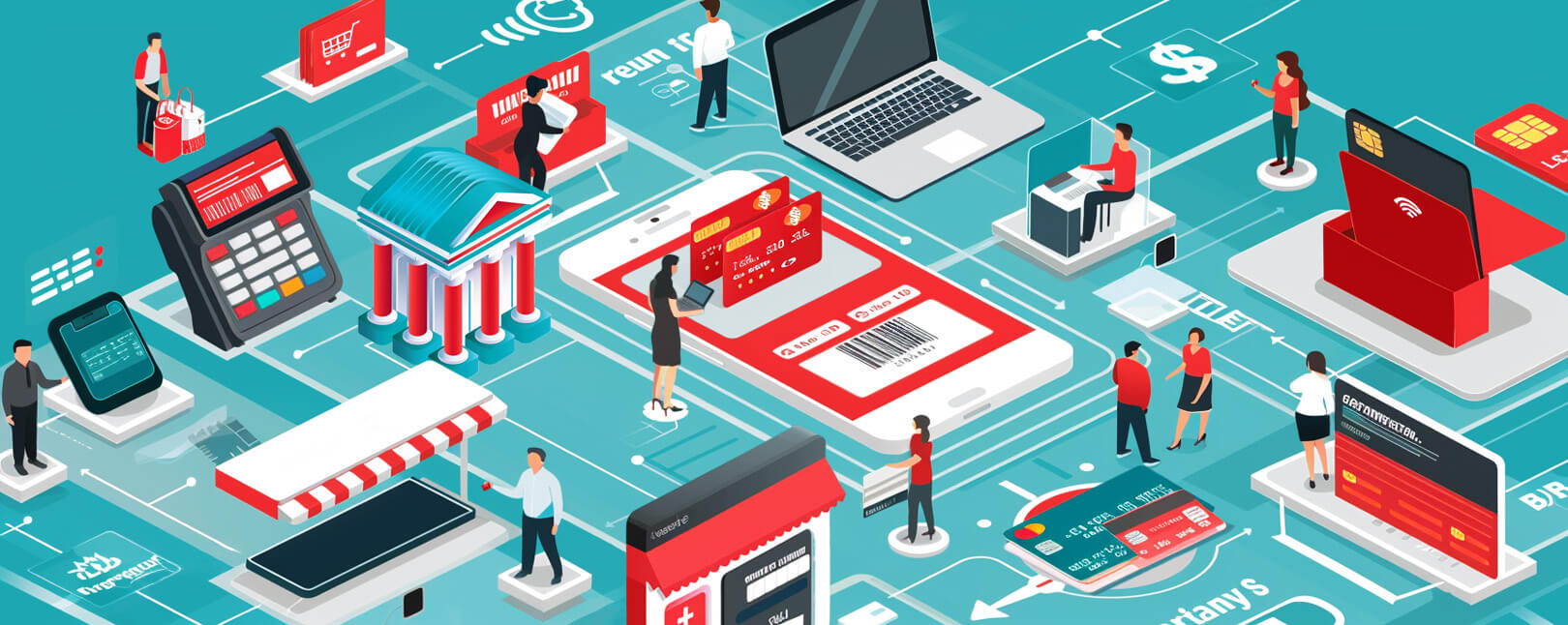How Can You Secure a Provisional Credit Reversal?
Ever waited longer than usual for a transaction to be verified or had to get a transaction reversed? If so, you might have seen provisional credit appear on your statement.
When a chargeback is filed, the process to reach a final verdict can extend for weeks or even months. During this waiting period, issuing banks typically provide cardholders with a provisional credit covering the amount in question. If the resolution favors the merchant, this provisional credit can be easily reversed. But, it serves the purpose of preventing any interruption in the consumer's access to funds throughout the duration of the dispute.
Provisional credits are a common occurrence. However, they can do a lot of damage to businesses if they’re issued inaccurately.
Recommended reading
- Debit Card Chargebacks: Everything You Need to Know in 2024
- A Step-By-Step Guide to the Chargeback Process in 2024
- Here are the 5 Valid Reasons to Dispute a Charge
- Chargeback Costs: The Shocking Truth in 2024
- 14 Chargeback Facts Exposing the Threat of Fraud in 2024
- How are Partial Chargeback Different From Other Disputes?
What is a Provisional Credit?
- Provisional Credit
A provisional credit is a temporary credit issued by a bank to an account holder. This statement item can later be reversed or made permanent, depending on the reason for the credit issuance.
[noun]/* prə ● viZ ● Hən ● l ● kre ● dət/
Banks may issue a credit to an account holder at their discretion. The credit will then appear on the cardholder’s statement as its own distinct line item. The entry on the cardholder’s statement will note that it’s a credit, but it may not always explain the reason in detail.
If cardholders are confused about the source of a provisional credit, they can usually contact the bank for more information. Their issuing bank will be able to divulge the details of the credit, including where it came from, why it was issued, and how long it will take before the provisional credit becomes permanent.
Why Do Banks Issue Provisional Credits?
There are a few reasons why a bank might offer a provisional credit to a cardholder.
In some cases, it could be because a transaction has not yet been verified. If that’s the case, the credit would work like a placeholder until the transaction is settled. Most often, though, banks issue provisional credits as part of the transaction dispute—or chargeback—process.
Chargebacks are forced payment reversals conducted at the banking level. To illustrate, let’s say a cardholder contacts their issuing bank, claiming that one of the charges on their bank statement was unauthorized. The bank would then investigate the claim. If it appears that the cardholder is telling the truth, the bank will issue a credit to the cardholder and file a chargeback on the cardholder’s behalf. The issuer claws the funds back from the merchant’s acquiring bank, which then debits the cost from the merchant’s account.
So, what are some legitimate claims that would entitle someone to a debit or credit card provisional credit? Here are a few examples:
- The transaction in question was unauthorized (i.e. fraud).
- The transaction total was more than what the cardholder agreed to at the point of purchase.
- The merchant committed an error in the transaction process.
- The merchant used deceptive tactics to “trick” the cardholder.
- The merchant submitted a rebill for a subscription after the cardholder canceled the service.
This is not an exhaustive list. There are literally dozens of different reason codes for each card network. Every reason code has its own rules and stipulations meant to explain why the bank filed the chargeback.
How A Provisional Credit Works
When a transaction is contested by a customer, their issuing bank initiates a detailed review to assess the legitimacy of the dispute. In the interim, to alleviate any immediate financial burden on the customer, the bank provides a temporary credit to their account, known as provisional credit. This measure is intended to offer temporary financial relief to the customer while the bank conducts its investigation.
The value of the provisional credit is generally equivalent to the amount of the disputed transaction. This arrangement aims to ensure that the customer remains financially unburdened during the investigation process.
For instance, consider you manage an online boutique selling designer handbags. A customer purchases a luxury handbag for $2,000 but subsequently disputes the transaction, alleging that the item they received was not as advertised. In response, the bank credits the customer's account with a provisional credit of $2,000 while they investigate the claim.
This means that $2,000 is temporarily deducted from your account, which could significantly affect your business's cash flow, especially if your operation relies on narrow profit margins.
The Provisional Credit Process
To put it simply, banks offer provisional credits to maintain customer satisfaction.
The chargeback process can take weeks — or even months — to finally resolve a dispute. If the funds in question were held in limbo during that time, it would leave account holders without access to their funds in cases of fraudulent charges. Banks issue provisional credits to encourage customers to continue using their credit cards for purchases with confidence.
Here's a breakdown of how the process typically unfolds:
Step #1 | Cardholder Disputes Transaction
The first step involves identifying a transaction that a customer has disputed. Reasons for disputes can vary, from fraud and billing errors to unauthorized charges. Customers should regularly check their credit card statements and report any anomalies to their bank immediately.
Step #2 | Initial Review
The bank receives the cardholder’s inquiry and does a quick, initial review of the claim. They verify that the transaction took place, and that it is within the allowable time frame for a dispute according to card network rules.
Step #3 | Applying Provisional Credit
If the bank decides the dispute could be warranted, they’ll issue a provisional credit from their own reserves. This will temporarily credit the cardholder’s account with an amount equal to the disputed transaction. For instance, if a $100 charge is disputed, the bank temporarily credits the customer's account with $100 until the dispute is resolved. However, it doesn't mean the dispute is settled.
Step #4 | Conducting the Investigation
The bank investigates in more depth, examining transaction details and evidence from the merchant and the customer. The bank may also reach out to the merchant for more information.
Step #5 | Filing the Dispute
The bank determines that the dispute is valid and files a chargeback. They claw the funds from the transaction back from the merchant, and the provisional credit is made permanent. This is assuming the bank sides with the cardholder; in cases in which the merchant wins, the provisional credit would be reversed, and the funds returned to the merchant.
The Consumer Financial Protection Bureau offers guidelines for managing these disputes. It's important to note that provisional credits are temporary and can be withdrawn if the bank's investigation deems the transaction valid. This could complicate situations in which a customer has already spent the provisional credit. The bank would then need to retrieve those funds from the cardholder to correct the reversal.

How Do Provisional Credits Affect Merchants?
When a customer disputes a charge and gets a provisional credit, it's the business owner who feels the pinch. These credits are meant to protect shoppers from wrong charges or mistakes, but they can bring several headaches for businesses. These include:
To avoid these problems, businesses should be clear about what they're selling, offer top-notch customer service, and use tools to prevent fraud. This can help cut down on disputes and make running the business smoother.
Can Merchants Reverse Provisional Credits?
Of course. These statement credits are not final…after all, that’s what makes them “provisional.”
After a cardholder files a dispute, the merchant has two options. They can ignore it and let the chargeback proceed. In this case, they’d lose the dispute automatically, and the provisional credit would become a permanent reversal of funds.
The second option is to fight the chargebacks and attempt to secure a provisional credit reversal if the merchant believes the cardholder’s claim is invalid. This can be accomplished through a process called representment. With representment, the merchant literally “re-presents” the charge to the issuing bank.
Remember that the representment process does not guarantee the reversal of a provisional credit. According to the Chargeback Field Report, the average merchant will attempt to re-present 43% of chargebacks issued against them. However, the average net recovery rate, or the rate at which merchants successfully re-present transactions as a share of total chargebacks, stands at just 12%.
In other words: merchants will only reverse provisional credits in one out of every eight cases. There’s a high standard of proof required to reverse provisional credits. Plus, even if they successfully reverse the chargeback, the chargeback fee assessed by the acquirer is non-refundable.
How to Prevent a Provisional Credit from Becoming a Chargeback
If you're looking to shield your business from the issues caused by provisional credits, you should start by working to limit your incoming chargebacks. Even though chargebacks might seem like a common headache for businesses that accept credit cards, there are strategies you can use to lower their frequency. These include:
- Meet Response Deadlines: If you're hit with a chargeback notification, act fast and respond before the deadline. Quickly figure out why the chargeback was requested and get your defense ready. Missing a deadline means the customer automatically wins the dispute.
- Leverage Credit Card Verification Tools: Use modern tools designed to catch fraud, like checking the signature panel code, confirming addresses, and other security measures. These are especially useful for online sales.
- Choose a Good Payment Processor: Your choice of payment processor matters. Go for one with strong fraud prevention tools to help lower the risk of chargebacks.
- Keep Detailed Records: Since chargebacks can pop up to 120 days after a sale, it's smart to keep all the details of your transactions. Store information like payment confirmations, security footage, shipping records, and anything else that proves the transaction was legitimate.
- Plan Your Chargeback Defense: Think about how you'll deal with chargebacks. Decide if you'll fight every chargeback or only certain ones. Consider if you need a team just to handle these issues. Planning ahead can save you a lot of stress.
- Write Strong Dispute Letters: A well-crafted letter can make a big difference in your dispute. Banks review your letter to decide if your chargeback claim holds water, so include all the evidence that supports your case.
Remember, if you decide to fight a chargeback through representment, you’ll need clear and compelling evidence for your case. This can include anything from order forms and tracking information to communication records and social evidence that contradicts the cardholder’s claim. But remember, there are hard chargeback timelines for response, and chargeback rules are always subject to change.
Need Help?
Have additional questions about these statement credits or provisional credit reversals? Want to learn how merchants can give themselves an edge in fighting against invalid chargebacks and recover their hard-earned cash?
Chargebacks911® offers the industry’s first end-to-end chargeback solution. Contact us today and learn how much you stand to save with professional chargeback management.
FAQs
What is a provisional credit?
A provisional credit is a temporary credit issued by a bank to an account holder. This statement item can later be reversed or made permanent, depending on the reason for the credit issuance.
How long does a provisional credit take?
The time it takes for a provisional credit to be issued can vary, but banks typically aim to provide it within 1-2 business days after a dispute is filed. The exact timeline depends on the bank's policies and the specific circumstances of the dispute.
Can a provisional credit be reversed?
Yes, a provisional credit can be reversed if the bank determines the original transaction was valid or if the merchant wins the dispute. This means the temporary funds provided to the customer would be withdrawn from their account.
Can you withdraw money from a provisional credit?
Yes, you can withdraw money from a provisional credit, as it is made available in your account balance just like any other credit. However, if the provisional credit is later reversed, you are responsible for repaying that amount.
